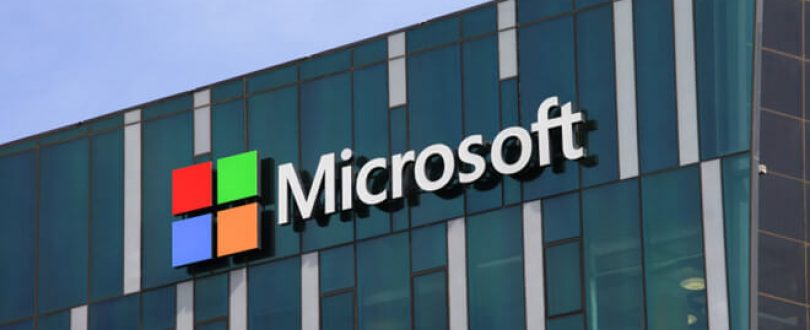
Microsoft Could Move Jobs Abroad if Us Immigration Policies Turn Sour.
The President and the Chief Legal Officer of Microsoft Brad Smith, claims that the company, one of the biggest in the IT sector in the US, could move some of the jobs abroad if the widely-discussed warned changes for the H-1B and H-4 visas come to life.
Smith said so in an interview for CNBC in which he claimed that the company would not do such a thing unless it remained in a position in which they were forced by the Trump administration to undertake the move.
“We don’t want to move jobs out of the United States and we hope that we don’t see decision-making in Washington that would force us to do so,” Smith said, speaking specifically for the H-1B and H-4 visas.
Such a statement given by the Microsoft President is just another in a row of the latest reactions coming from executives of America’s biggest tech companies, opposing the changes that the US government is attempting to undertake in the above-mentioned visas, as part of the “America First” policy of President Trump.
Importance of H-1B Visa
The tech industry in the US depends a lot on the H-1B Visa, which is a US visa given to foreign skilled workers to come to the US and work for a certain company. It has been popular, especially among Indians, who have been awarded more than 70% of H1B visas.
On the other hand, the H-4 visa is issued by the U.S. Citizenship and Immigration Services (USCIS) to immediate family members of the H-1B visa holders, which includes only the spouse and children under 21 years of age. Before 2015, H-4 visa holders were not allowed to work, but the rules changed later and these internationals are permitted to work based on conditions specified by the H-4 EAD program.
Unlike H-1B, the H-4 status is not restricted to a specific employer the employer does not need to obtain approval from the Department of Labour, and its holders are not prohibited from starting a business or hiring employees. However, the Trump administration under the America First Policy has proposed the removal of work authorization for H-4 visa holders, which proposal would affect all people currently working under H-4 visa.
A study on the implications that the proposed H-4 visa update would cause, carried recently by Christopher J.L Cunningham of the University of Tennessee at Chattanooga and Pooja B.Vijaykumar from the Kemmy Business School at the University of Limerick, found that it would leave another 100 thousand more unemployed residents in the US and that it would also probably socially isolate the H-4 visa holders.
Though these changes have not yet been published as a proposed rule, the idea to ban these people from working has been opposed by top IT companies like Facebook, Google, and Microsoft.

